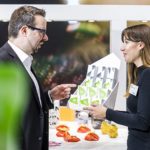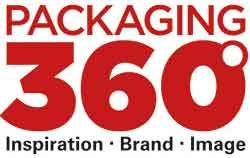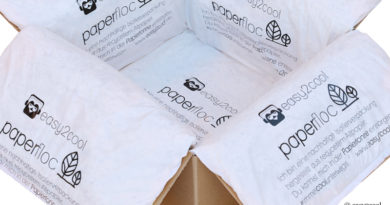Research for less plastic
The new Innoredux research project aims to research packaging innovations that help stop the increasing usage of plastic packaging. Research will be conducted together with industry players in the „Real-world laboratory“ of the city of Heidelberg.
The Innoredux research project aims to find ways and means of stopping the consumption of plastic packaging when shopping for food, clothing, cosmetics, hygiene products, detergents and cleaning agents. Starting in February 2019, it is being funded by the German Federal Ministry of Education and Research (BMBF) for a term of three years within the research focus „Plastics in the environment – sources, sinks, solutions“.
The innovative packaging solutions and business models for online and stationary retailing are to be developed using a real-world laboratory research approach in Heidelberg. There, the Institute for Ecological Economy Research (IÖW) and the Institute for Energy and Environmental Research (ifeu) are cooperating with several retail companies, including Alnatura, dm and the Heidelberg retailer „Annas Unverpacktes“ as well as the mail order companies Memo, Zalando and Avocadostore. In addition, the project is being supported by Friends of the Earth Germany (BUND) and the Association of Zero-Waste Shops (Verband der Unverpackt-Läden).
ADVERTISEMENT
 The exhibitors of FachPack offer you a complete, customised solution with the right materials, the right function, and the right logistics. More information can be found here.
The exhibitors of FachPack offer you a complete, customised solution with the right materials, the right function, and the right logistics. More information can be found here.„Innovative measures to reduce the amount of plastic released into the environment are urgently needed. To ensure that they are successful in practice, we are looking in our project above all for approaches that create competitive advantages for the companies at the same time,“ says IÖW Project Manager Dr. Frieder Rubik, explaining the approach of the research group. The project’s focus is clearly on the retail trade, which the researchers believe plays a key role between production and consumption. Together with the trade partners, new and efficient deployment of materials and the use of ecologically compatible materials are to be tested for the product groups food, office supplies, textiles, cosmetics, hygiene, detergents and cleaning agents.
The main focus is on retail innovations that aim to avoid or reduce plastic waste in business models and the value chains behind them. A further focus is on how the potential of such approaches can be carried from the niche to the wider market. The project analyses various strategies: reducing plastic consumption through more efficient use of materials, replacing plastic with alternative, more ecologically compatible materials, and influencing consumers‘ decision-making behaviour when shopping. Based on the experience gained in the real-world laboratory of the city of Heidelberg, which is involved in the implementation, the project is also developing a strategy on how municipalities and companies can contribute to reducing plastic waste. The aim is to facilitate the practical implementation of alternative packaging solutions.



